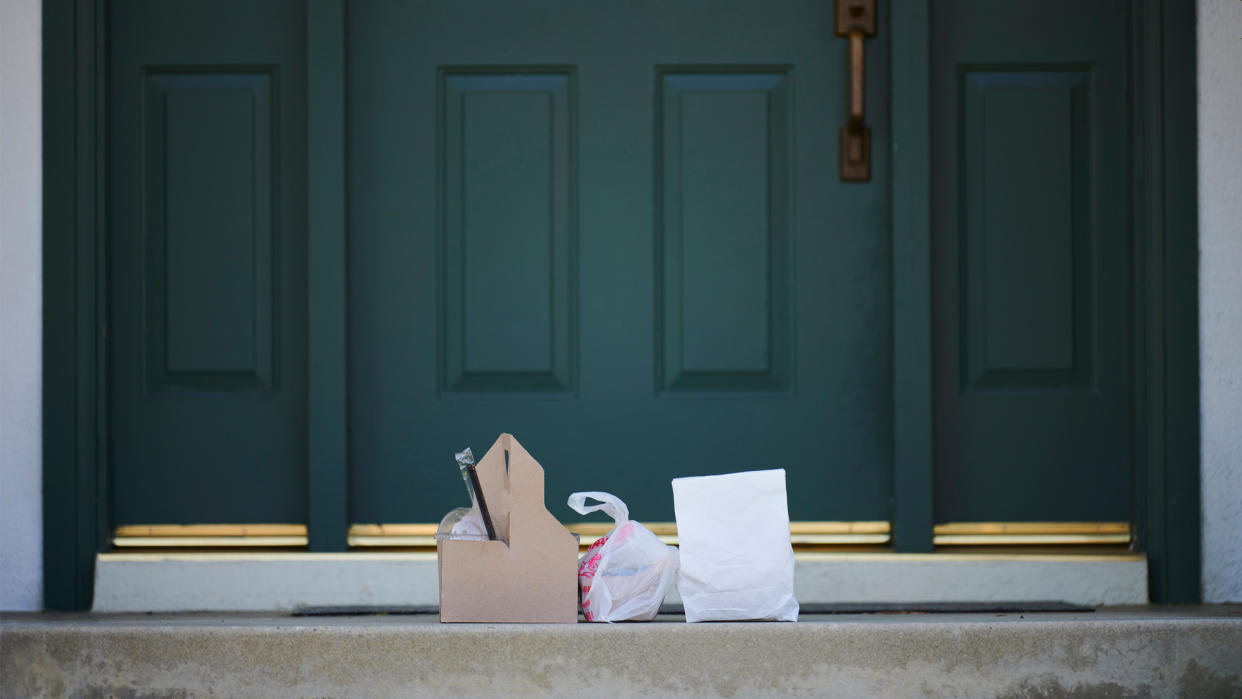The permanent stay-at-home economy

Here are three of the week's top pieces of financial insight, gathered from around the web:
The stock-picking guru next door
Ordinary investors have done surprisingly well at picking stocks over the past decade, said Hannah Miao in The Wall Street Journal. "Wall Street has long derided amateur investors," certain that they are mostly "buying high and selling low." In fact, the average individual investor stock portfolio has risen about 150% since 2014, versus a 140% increase for the S&P 500. A study from Vanda Research looked at brokerage records to analyze the trades of individual investors, excluding exchange-traded funds and mutual funds. It turns out that "the typical small investor holds an outsize position in mega-cap tech companies. Apple, Tesla and Nvidia alone make up about 40% of the average individual’s stock portfolio." Most individual investors have a long-term mindset, defying the stereotype of the overeager day trader.
Be cautious about Medicare Advantage
Be careful about switching to a Medicare Advantage plan, said Terry Savage in the Chicago Tribune. "More than half of Medicare participants have left traditional Medicare," lured by the promise of lower costs. Traditional Medicare, though, comes with one big advantage: "You can use any physician or hospital or testing service that accepts Medicare. Period." That covers most medical providers. That’s not the case with Advantage plans. Generally, you’ll also need approval from plan administrators, who aim to keep costs down. Medicare Advantage plans denied more than 2 million authorization requests in 2021 and the rate of denials has tripled since 2019. Agents get commissions that can bring them $600 when they persuade you to sign up, plus $300 each year you renew.
The permanent stay-at-home economy
The pandemic has led to lasting changes in consumer behavior around the world, said The Economist. We are living in the "age of the hermit." While overall wealth and spending have gotten back to pre-pandemic levels, there’s more spent on stuff, less on services and experiences. "Leisure activity" has suffered most, with the money saved getting redirected to goods, ranging from “chairs and fridges to things like clothes, food and wine." Overall, it adds up to a $600 billion per year shift in the global economy. Hotels are crowded and restaurant reservations are hard to get. However, the source of the crowding is "not sky-high demand but constrained supply," with few new restaurants and hotels opening.
This article was first published in the latest issue of The Week magazine. If you want to read more like it, you can try six risk-free issues of the magazine here.

